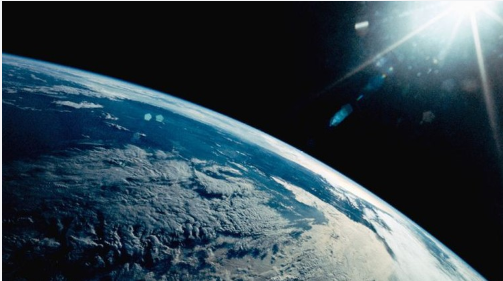Complete GIS Course from scratch to Advance
This all course covers data processing in advance way and solving general GIS problems.
Discounted already applied to links.
All are discounted links.
In this course you will also learn
· Groundwater Potential Zones using.
· Site suitability
· This also covers Flood Zones
· Drought Zones
· Groundwater Fluctuation Maps.
· Like Using Excel Data in ArcGIS,
· Plotting Maps,
· Classify various type of Data.
· Handling CDF files etc.
· Working with excel data in ArcGIS
· Digital elevation model analysis
· Watershed

In this course you will learn
· How to generate future landuse maps using past landuse
· Power impacting landuse and use in Terrset
· Getting data ready for Future Prediction
· Running of CA Markov Model
· See power of Machine learning in Action

In this course you will learn
· Simulation of water flow in stream
· Daily Weather data including,
· Working with Temperature, rainfall, humidity, solar radiation
· Groundwater recharge.
· Making of Soil map of your study Area
· Extracting soil Properties
· DEM Mosiac
· Use of Landuse data in Model
· Soil Erosion at outlet

In this course you will learn
This course starts from Google Search to Final Results
· Covers basic of Image processing and data download
· Landuse land cover classification
· Supervised
· Unsupervised
· Combined classification
· Pixel Re-coding
· Correction Hill shade land feature
· Understanding satellite image and identifying features
· Accuracy Assessment
· Change Detection

In this course you will learn
This course starts from Georeferencing to Advance GIS - 11hrs
· Covers all basics of GIS
· Understanding of Projection system
· Handling Raster and Vector data
· Basics of GIS digitization in depth
· Basics of all analysis
· All task of Image processing including mosaic
· Working with 10 meter data
· Working with Survey data
· Weather data




